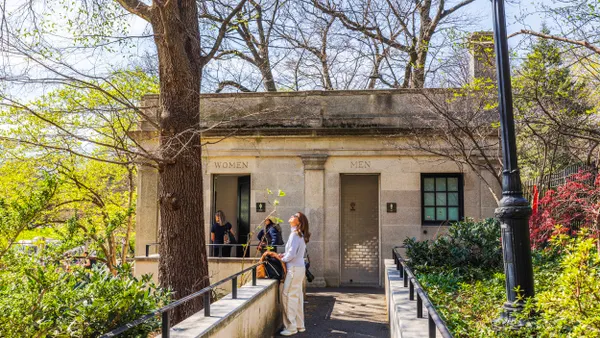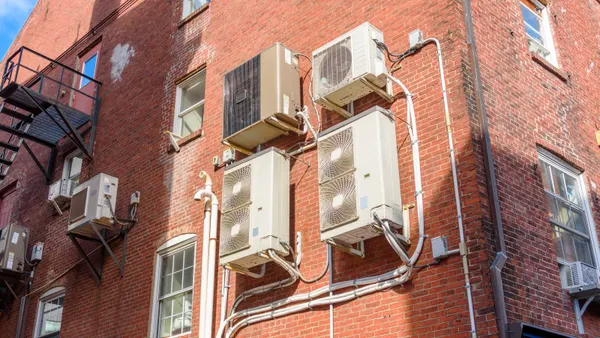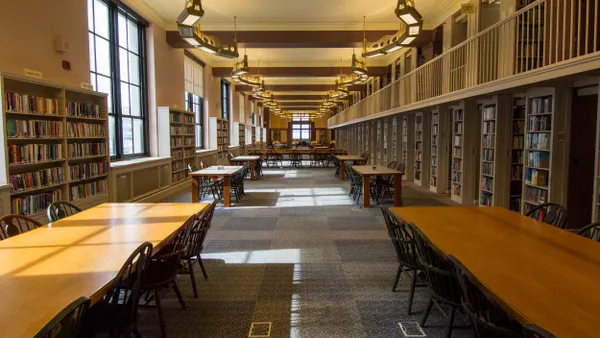Dive Brief:
- Pittsburgh Mayor Bill Peduto introduced legislation to the city council yesterday that would require government buildings to be net-zero energy efficient, meaning they produce as much energy as they consume.
- The proposed ordinance would cover all new buildings or those undergoing renovation. So far there is not a proposed schedule for upgrading the existing buildings, but the expectation is the upgrades would occur on a rolling basis, a mayor's office spokesperson told Smart Cities Dive.
- A public hearing on the ordinance will be scheduled before the city council has a final vote. The goal is for the council vote to occur before the 2020 calendar year budget is approved this fall. If the ordinance passes, work on the measure will begin next year.
Dive Insight:
The Pittsburgh Climate Action Plan 3.0 aims to reduce greenhouse gas emissions 50% by 2030 and 80% by 2050. It also aims to reduce energy and water use 50% by 2030. Leaders estimate buildings account for 80% of Pittsburgh's emissions and a significant portion of the city's energy use. Therefore the ordinance could be significant in helping the city meet its climate action goals.
The mayor's newest energy efficiency proposal comes on the heels of the city releasing its first energy benchmarking report last month. That report applies to buildings owned and operated by the city and is intended to help prioritize investments in municipal building stock while providing accountability. The city will revisit the benchmarking report annually and track the effects of the energy saving projects it implements.
Pittsburgh joins the trend of cities working to cut emissions, especially those from buildings. Last month, Chicago launched its Energy Rating System that rates large buildings' energy efficiency and requires them to post placards with the scores. Earlier this year, Chicago became the largest city to commit to using 100% renewable energy citywide by 2035.
This spring, San Francisco's mayor announced a plan to transition large buildings to 100% renewable energy by 2030. And in July, the city council in Berkeley, CA voted to ban natural gas infrastructure in new low-rise residential buildings starting in January 2020.
Pittsburgh's proposed legislation is vague on certain details, such as what measures the city would take to improve buildings' energy efficiency. That's intentional, the mayor's office spokesperson said, because it will allow the city to customize a renovation plan of best fit for each building, especially considering the vast inventory of government buildings is of various ages.
The legislation would cover municipal buildings such as city hall, fire and police stations and public works warehouses. There is no similar mandate planned for private buildings in the foreseeable future. However, the city would like to lead the energy efficiency efforts by example.
"It's a pretty heavy lift, just for us. We would hope private businesses would be looking at these kind of plans themselves," the spokesperson said.













